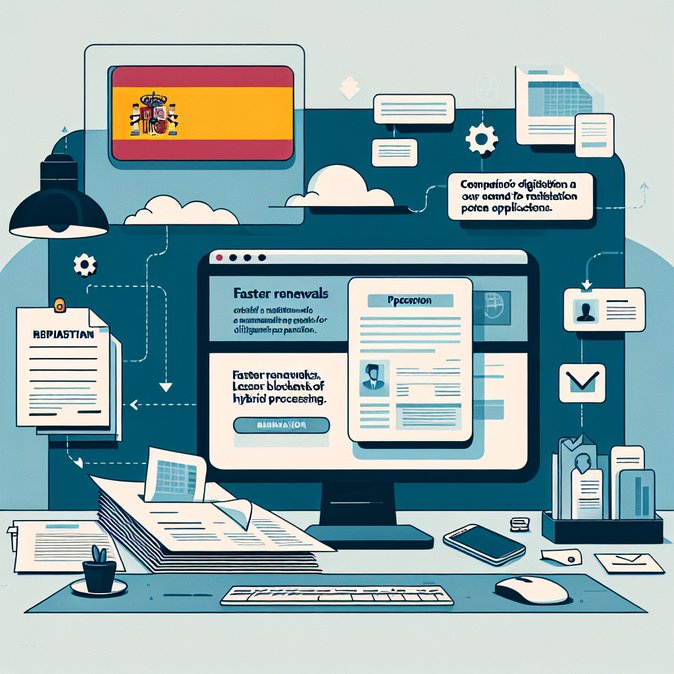
In a move hailed by migrant-rights organisations and industry groups alike, Spain has shaved an entire year off one of its most-used regularisation tracks. The Arraigo Social and Arraigo Sociolaboral permits—humanitarian visas that transform undocumented migrants into legal residents—now require just 24 months of continuous stay in the country instead of 36. The change was published in the Official State Gazette on 19 November and applies to all applications filed from 20 November 2025.
Arraigo permits grant a one-year combined work-and-residence authorisation that can be renewed for two years at a time. Until now, the three-year presence rule often left well-integrated migrants trapped in the grey economy, unable to formalise employment contracts or access social security. Cutting the wait by 12 months is expected to benefit tens of thousands of people who entered Spain before November 2023, particularly in hospitality, agriculture and elder-care—sectors struggling with chronic labour shortages.
![Spain Cuts Arraigo Social Waiting Time to Two Years, Easing Path for Undocumented Workers]()
Corporate Spain also stands to gain. Mobility managers can regularise indispensable staff more quickly, reducing compliance risk and turnover. Immigration advisers are urging HR teams to audit their foreign workforces: any employee who can document two years of uninterrupted residence plus a 30-hour labour contract may already qualify. Processing times, however, remain uneven—ranging from four weeks in Valencia to two months in Madrid—so companies should plan filings carefully.
Strategically, the reform aligns Spain with a broader European trend toward inclusive labour-migration policies. Italy shortened its own “emersione” period earlier this year, and Portugal is debating a similar bill. Policymakers in Madrid argue that easing access to legal status will channel workers into the formal economy, boost tax revenues and help offset the country’s ageing demographic profile.
For migrants, the message is clear: keep meticulous evidence of residence—rental contracts, empadronamiento certificates, utilities bills—and gather proof of social integration such as language courses or community ties. With the shorter qualifying period now in force, window-shopping for legal advice sooner rather than later could make the difference between another year in limbo and a fast-tracked residence card.
Arraigo permits grant a one-year combined work-and-residence authorisation that can be renewed for two years at a time. Until now, the three-year presence rule often left well-integrated migrants trapped in the grey economy, unable to formalise employment contracts or access social security. Cutting the wait by 12 months is expected to benefit tens of thousands of people who entered Spain before November 2023, particularly in hospitality, agriculture and elder-care—sectors struggling with chronic labour shortages.

Corporate Spain also stands to gain. Mobility managers can regularise indispensable staff more quickly, reducing compliance risk and turnover. Immigration advisers are urging HR teams to audit their foreign workforces: any employee who can document two years of uninterrupted residence plus a 30-hour labour contract may already qualify. Processing times, however, remain uneven—ranging from four weeks in Valencia to two months in Madrid—so companies should plan filings carefully.
Strategically, the reform aligns Spain with a broader European trend toward inclusive labour-migration policies. Italy shortened its own “emersione” period earlier this year, and Portugal is debating a similar bill. Policymakers in Madrid argue that easing access to legal status will channel workers into the formal economy, boost tax revenues and help offset the country’s ageing demographic profile.
For migrants, the message is clear: keep meticulous evidence of residence—rental contracts, empadronamiento certificates, utilities bills—and gather proof of social integration such as language courses or community ties. With the shorter qualifying period now in force, window-shopping for legal advice sooner rather than later could make the difference between another year in limbo and a fast-tracked residence card.


